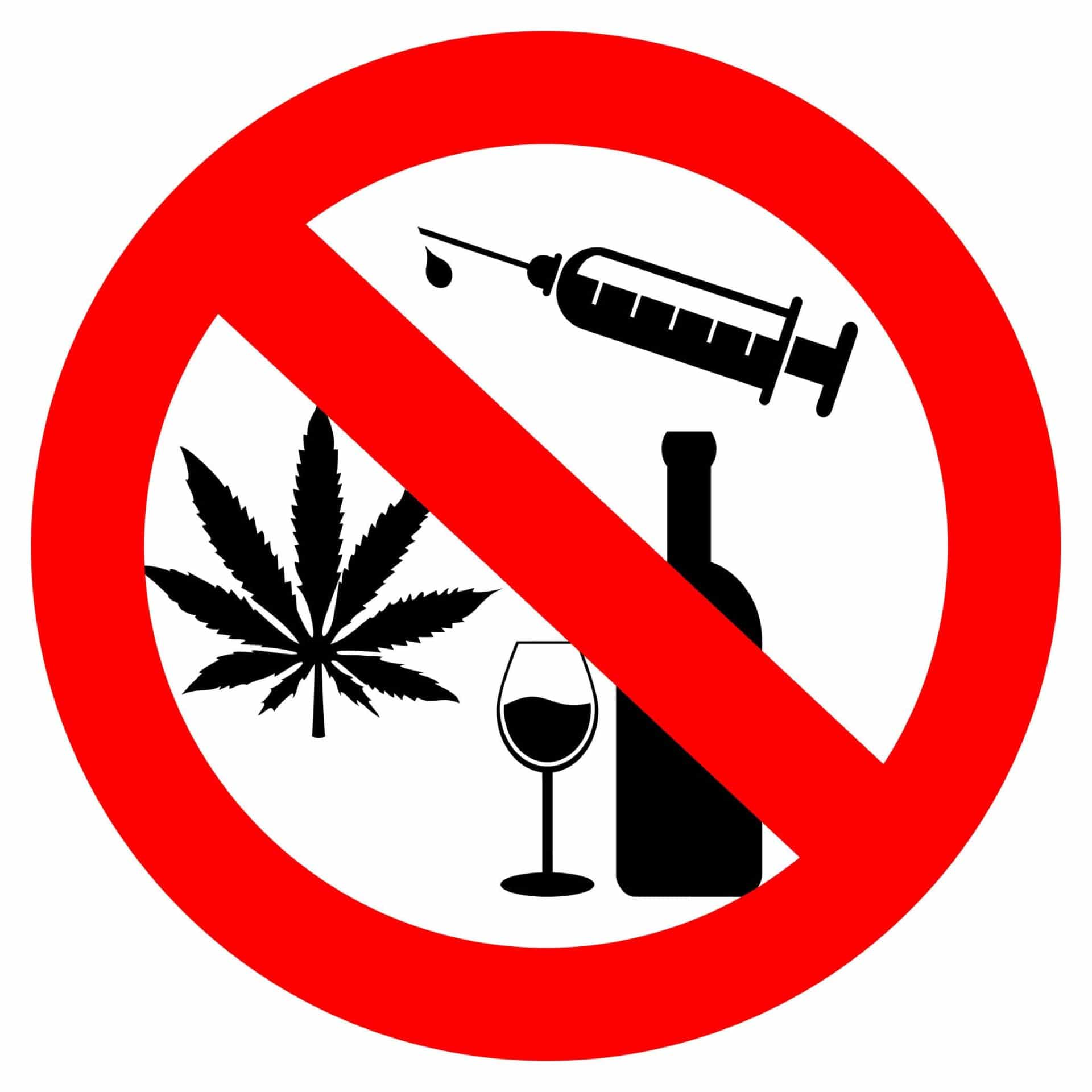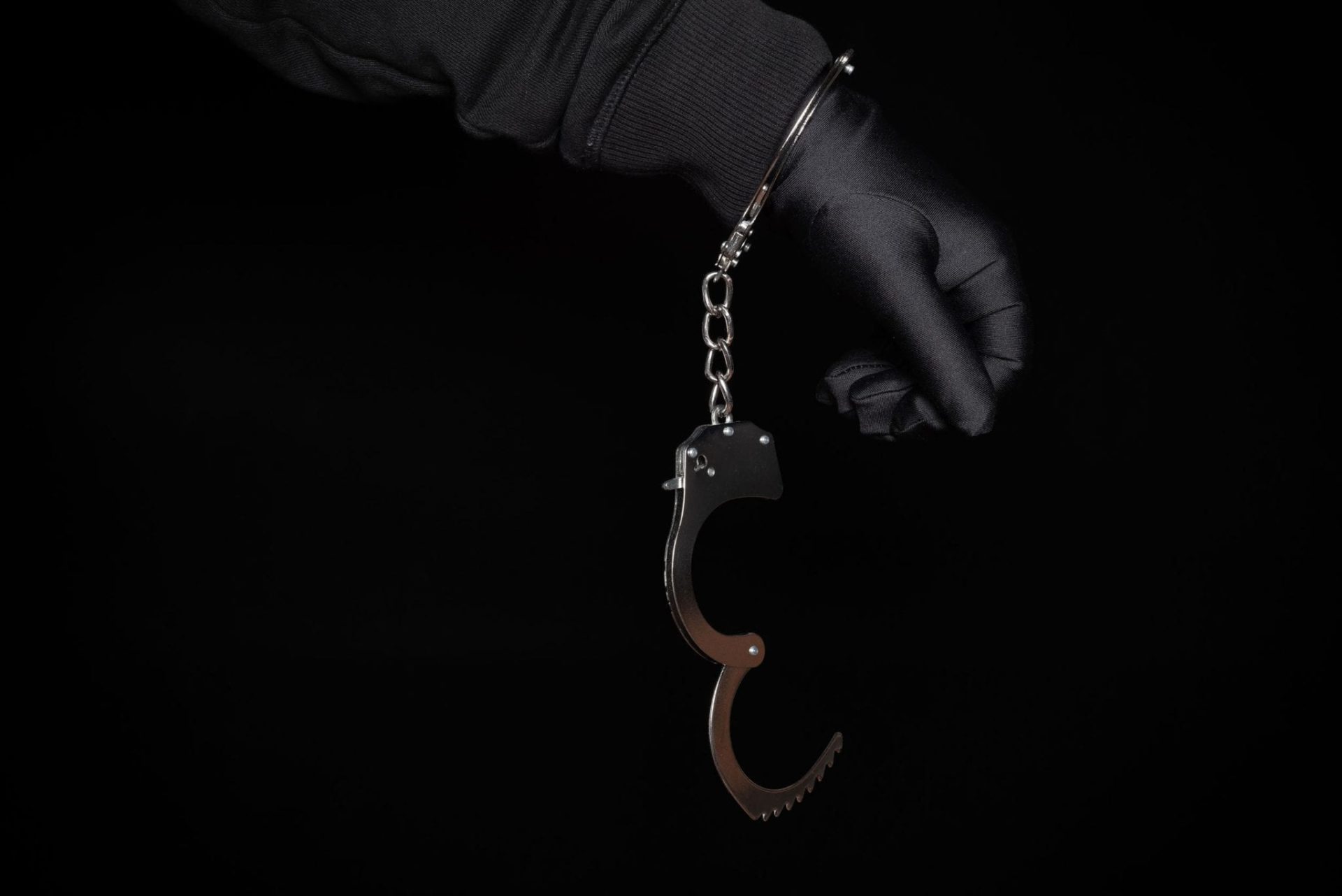Common Probation Conditions You Must Follow in Illinois
Although it is certainly far more preferable to time spent behind bars, you are still very much under the supervision of the criminal justice system if you’re placed on probation.
Judges will often commute a prison sentence to probation for low-level and/or first-time offenders. If you’re on probation, your prison sentence is suspended and you’re allowed to remain in the Chicago community — so long as you meet certain conditions.
A probation program lays out strict terms that you’re legally obligated to follow. Failure to comply with probation terms is considered to be a probation violation. This could result in repercussions ranging from a few days behind bars to complete revocation of your probation, forcing you to spend the duration of your sentence incarcerated.
In fact, the terms of probation are so strict that many probationers violate them inadvertently. Regardless of your intent, a violation is a violation, and you will face the same consequences.
So, what probation conditions do you need to follow if you’re under probation in Illinois?
We’ve put together a guide covering Illinois’ most common probationary terms and what happens when you violate them. We also discuss some special probation terms which always accompany certain types of offenses.
Conditions Illinois Typically Imposes for Probation
The court system will determine the specific terms for your Illinois probation based on factors such as the type and severity of your offense, and your prior criminal history.
If you don’t understand the terms of your probation or aren’t sure what those terms are, check with your probation officer to clarify. Ever heard the saying that it’s better to ask for forgiveness than permission? This does not apply to probation!
Although the conditions of your probation sentence will depend on the specifics of your case, some of the most common probation conditions include:
Reporting to your probation officer. If placed under probation, you’ll be required to regularly report to your probation officer. Failure to show on schedule could result in a probation violation. We also recommend making sure that you’re on time or early — you want to stay on good terms with your P.O.!
Paying Restitution. Depending on your offense, you may be required to pay restitution or fines to your community, or to the victims of the alleged crime. For example, a shoplifting offender may be asked to pay the merchant for the stolen goods.
Prohibitions on firearm possession. While under probation, you’re barred from purchasing or possessing firearms or ammunition. Period.

Abstinence from drugs and alcohol. Depending on the type of offense, you may be required to abstain from drugs and alcohol while on probation. Probationers are often subjected to testing for drugs and alcohol. Failing a drug or alcohol test will result in a violation charge.
Staying inside state lines. While under probation, you’re barred from crossing state or international borders. If you need to travel, you and your probation officer will need to file a motion with the court to approve your travel. This means that you must plan several weeks to months in advance.
Obeying all laws. Most people know that you must avoid breaking the law while on probation. However, this term also refers to petty violations such as traffic offenses.
Maintaining lawful employment. Many programs require probationers to maintain lawful employment while under probation, and to alert their employers of being on probation.
Following protective orders. If you’re been charged with domestic violence, harassment or stalking, a protective order will most likely be a term of your probation.
Violating a protective order will result not only in a probation violation but also a separate criminal charge for violation of a protective order.
Special Probation Terms You May Face in Illinois
In addition to the above common probation terms, the court may impose special terms based on the circumstances of your case.
Common examples of special probation terms include:
- Curfews
- Addiction treatment programs
- 12-step meetings such as Alcoholics Anonymous
- Electronic monitoring
- Mental health treatment
- Avoiding certain individuals and locations
- Domestic violence treatment programs
- Obtaining a high school diploma or GED
Illinois Probation Violations
If you do violate the terms of your probation, what happens next is left largely to the discretion of your probation officer. For a relatively minor first-time violation, you may be let off with a written warning. However, for subsequent or serious violations, you may be required to attend a probation violation hearing.
During a violation hearing, a judge will determine whether your actions constituted a probation violation. If the judge determines that you violated your probation, you may face probation extension, new probation terms, or jail time.

Following the rules is a small price to pay in order to keep living on the outside while serving your time. If you’re having trouble meeting your conditions, you can talk with the professionals involved in your case, but understand you are already likely receiving the best options this way.
Still, we’re all human, and mistakes happen. If you’re facing a probation violation, consider involving a defense attorney, who can advocate on your behalf.
About the Author:
Andrew M. Weisberg is a former felony prosecutor who now serves as a defense attorney in the greater Chicago area. He has extensive experience in handling all types of criminal cases, from sex offenses and domestic violence to retail theft-related crimes, murder, and drug crimes.







 Blog Home
Blog Home 










